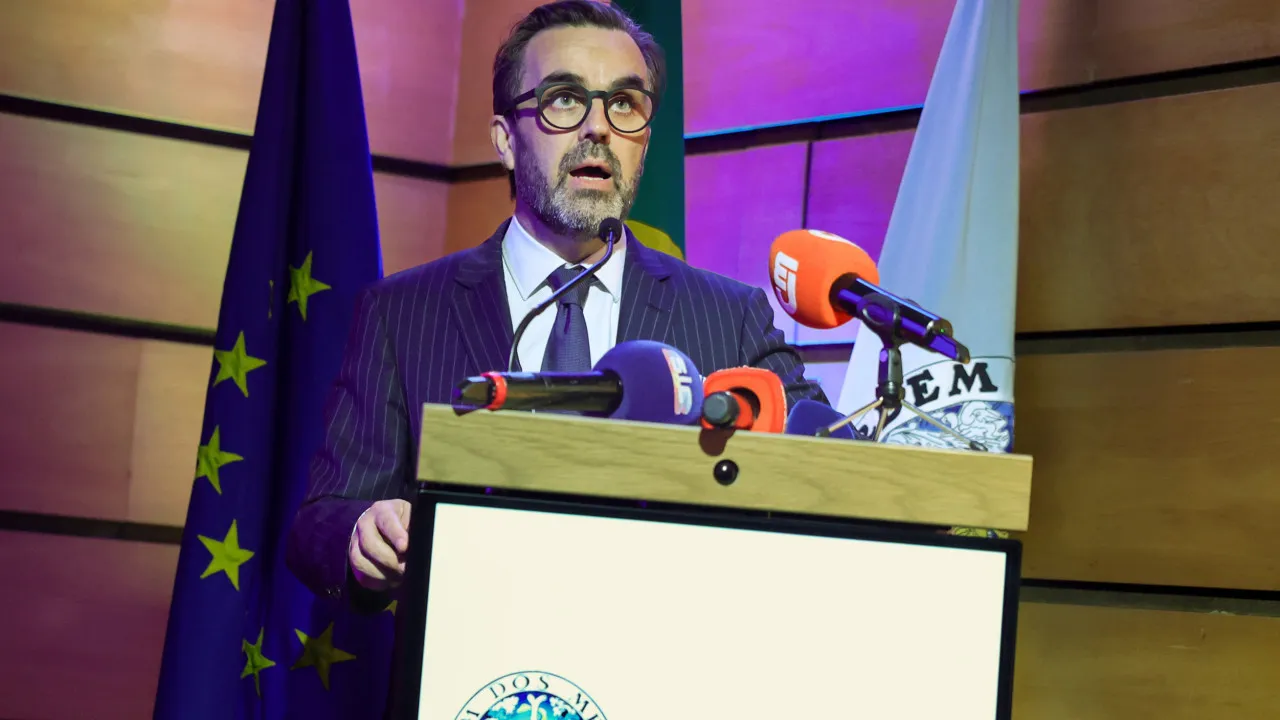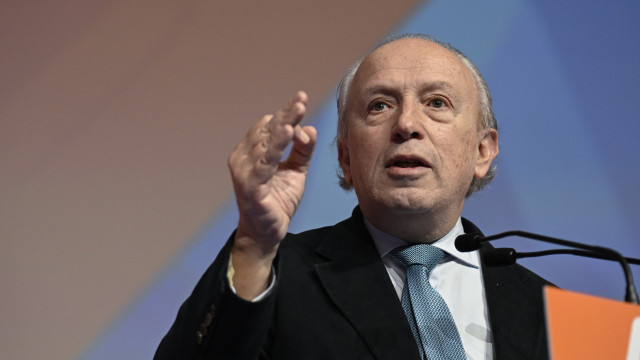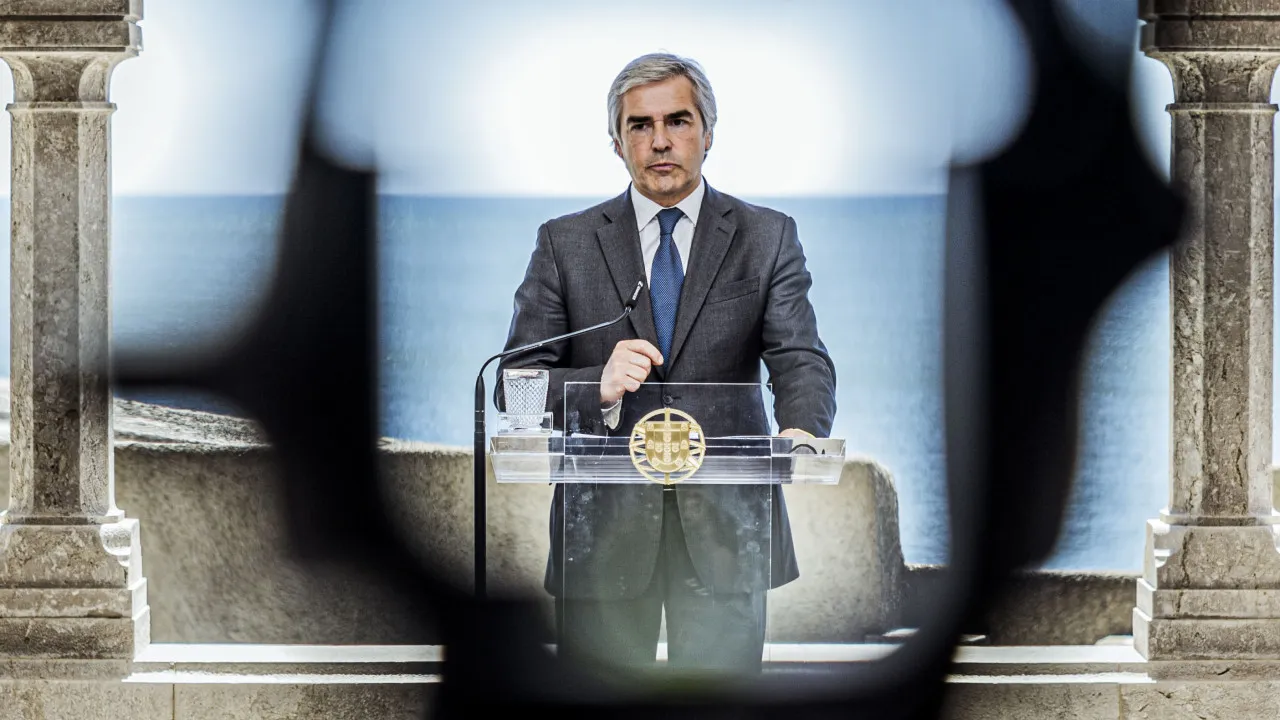
The world’s 500 richest individuals suffered a significant financial setback on Thursday and Friday, losing a combined total of 488 billion euros (536 billion dollars), largely attributed to tariffs announced by Donald Trump. Elon Musk topped the list of those most affected. Musk has reportedly even attempted to reverse the U.S. President’s decision.
This marked the largest single loss ever recorded by the Bloomberg Billionaires Index, as indicated by the financial agency.
Bloomberg reported that approximately 90% of the billionaires on the list experienced losses on those days, driven by sharp declines across global stock markets that persist today.
The List of Losses
According to the latest data, Elon Musk, from Tesla and a prominent figure in the Trump administration, remains the world’s wealthiest man, yet he also leads in losses, with around 18 billion euros (20 billion dollars) evaporating in a single day. Over the past year, Musk has reportedly lost more than 118 billion euros (130 billion dollars), based on Bloomberg data.
Other notable figures experiencing declines include Warren Buffett of Berkshire Hathaway, Mark Zuckerberg of Meta—overseeing Facebook, Instagram, and WhatsApp, Jeff Bezos of Amazon, and Larry Ellison of Oracle, among others.
The markets are reeling from the implementation of tariffs imposed by U.S. President Donald Trump on the United States’ trading partners, alongside retaliatory measures announced by China. This situation may prompt similar actions from other major economies, such as the European Union.
President Trump declared the imposition of reciprocal tariffs on U.S. trading partners on April 2, but expressed his willingness to negotiate if proposals are deemed “phenomenal.”
Analysts and investment banks have downgraded their forecasts for global economic growth, particularly regarding U.S. GDP, following the announcement of these new tariffs, which are higher than anticipated.
Investment bank Goldman Sachs increased the likelihood of a U.S. recession today, raising the probability from 35% to 45%. JPMorgan assesses this chance at 60%, S&P Global at 30-35%, and HSBC at 40%.




